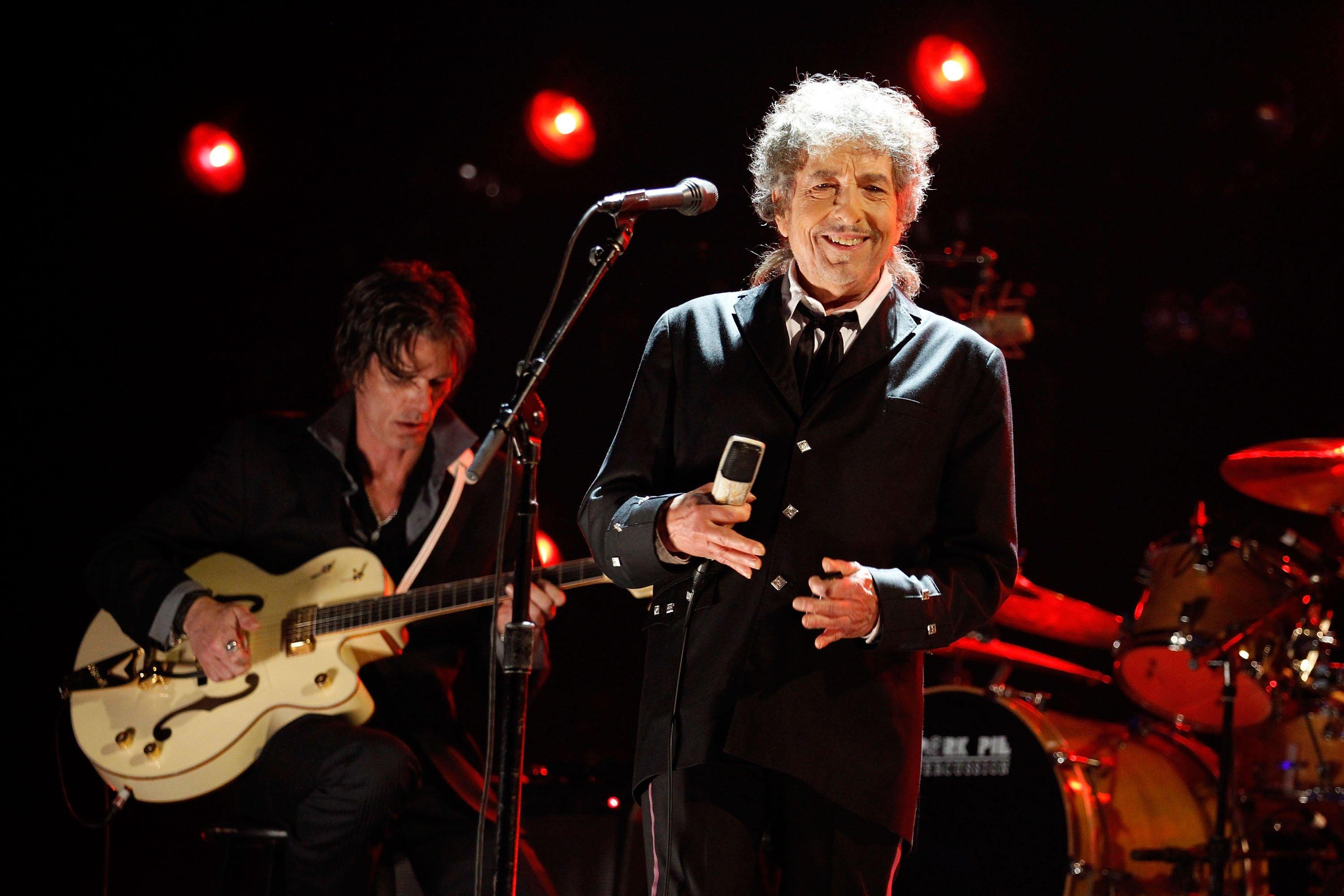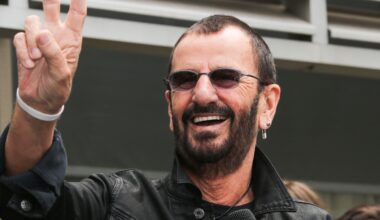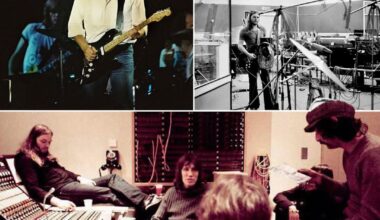
Few songs have captured the human experience with such haunting grace as “Knockin’ on Heaven’s Door.” Written by Bob Dylan, one of America’s most iconic songwriters, this track has become more than just a folk classic—it’s a reflection on life’s final moments.
A Simple Song With Deep Emotion
At its core, the song speaks about facing death. With the opening line, “It’s getting dark, too dark to see,” Dylan sets a tone of quiet resignation. The imagery is simple but powerful, evoking the feeling of slipping away, of nearing the edge of consciousness.
Critics and fans alike have praised the track for its minimalism. Dylan biographer Clinton Heylin once called it “an exercise in splendid simplicity,” noting how its brevity adds to its emotional punch. While the song contains only a couple of verses, its impact lingers long after the last chord.

Written for the Screen
“Knockin’ on Heaven’s Door” wasn’t just a standalone single. Dylan wrote it as part of the soundtrack for the 1973 Western film Pat Garrett and Billy the Kid. The song underscores a poignant scene in which a wounded lawman, played by Slim Pickens, prepares to die. His wife stands by helplessly—a raw, quiet moment made unforgettable by Dylan’s mournful melody.
Universality in a Few Words
Though it was created for a specific moment in a movie, the song’s message resonates far beyond that. It touches on the one experience all humans share—the approach of death. That’s part of what has made the song so timeless: its ability to speak volumes in just a few lines.

A Global Anthem
Released as a single shortly after the movie’s debut, “Knockin’ on Heaven’s Door” quickly climbed the charts worldwide. It remains one of Dylan’s most recognized songs and has become a favorite for artists to cover.
From Eric Clapton’s soulful version to the hard-hitting rock adaptation by Guns N’ Roses, the song has seen countless reinterpretations, each one tapping into its emotional depth in a unique way.
Live Performances and Legacy
Dylan himself embraced the song’s significance, performing it live over 450 times between 1974 and 2003. It has also appeared on several of his live and bootleg albums, including Before the Flood, Bob Dylan at Budokan, and Dylan & the Dead.
In the decades since its release, “Knockin’ on Heaven’s Door” has become a musical companion for life’s quiet, heavy moments—an enduring reminder that even in the face of mortality, there’s beauty in simplicity.





